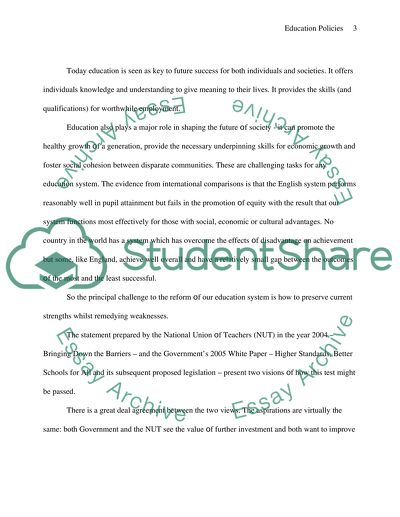Cite this document
(“Education policies Essay Example | Topics and Well Written Essays - 2500 words”, n.d.)
Education policies Essay Example | Topics and Well Written Essays - 2500 words. Retrieved from https://studentshare.org/miscellaneous/1546050-education-policies
Education policies Essay Example | Topics and Well Written Essays - 2500 words. Retrieved from https://studentshare.org/miscellaneous/1546050-education-policies
(Education Policies Essay Example | Topics and Well Written Essays - 2500 Words)
Education Policies Essay Example | Topics and Well Written Essays - 2500 Words. https://studentshare.org/miscellaneous/1546050-education-policies.
Education Policies Essay Example | Topics and Well Written Essays - 2500 Words. https://studentshare.org/miscellaneous/1546050-education-policies.
“Education Policies Essay Example | Topics and Well Written Essays - 2500 Words”, n.d. https://studentshare.org/miscellaneous/1546050-education-policies.


